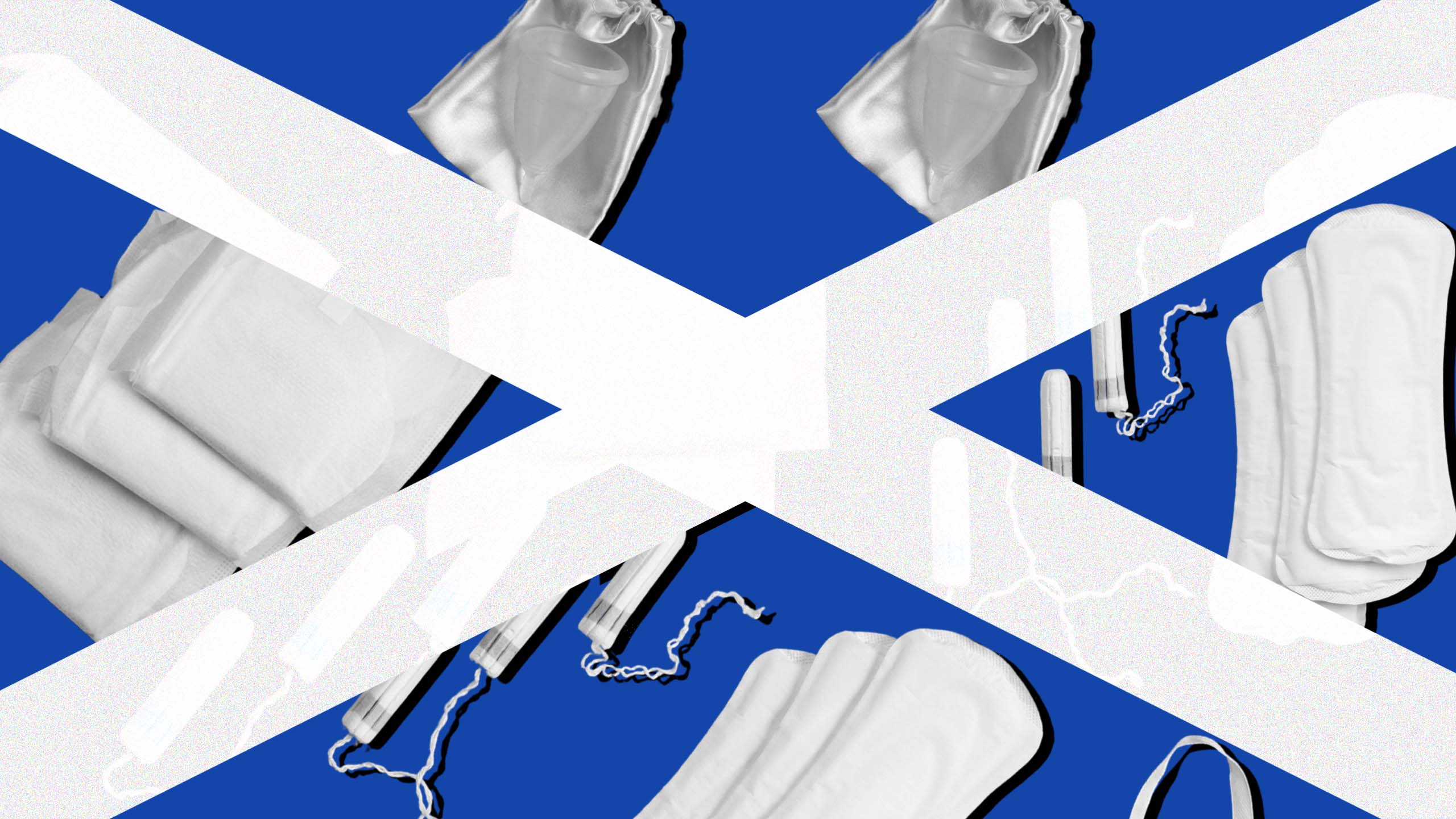Scotland made history this week by becoming the first country to guarantee access to free menstrual products for all citizens regardless of their gender.
On August 15, the Period Products (Free Provision) Act came into force in Scotland, which enshrines in law the right to access free menstrual products. The legislation uses gender-neutral language to acknowledge all people who menstruate, including some trans and non-binary people. As a result of the act, councils and educators will be legally required to make period products available to everyone free of charge.
Reportedly the first of its kind worldwide, the law uses entirely gender-inclusive language. An attached explanatory note states that the statute “applies to transgender and non-binary people who menstruate and not just to women and girls.”
“The bill has been shaped and influenced by women, girls, trans people and non-binary people from every corner of Scotland—not as passive observers, but as architects of the kind of Scotland in which we want to live,” Monica Lennon, the member of Scottish Parliament who introduced the legislation, added during debates over the bill.
The law builds on previous initiatives aimed at ensuring access to free menstrual products. The Scottish government has reportedly invested 27 million pounds ($42 million CAD) in improving the availability of period products since 2017.
Additionally, the Scottish government passed the Period Products in Schools Regulations in 2020. Following a 2018 report by youth organization Young Scot, which found that one quarter of students in Scottish schools had experienced difficulties accessing menstrual products, the law requires that schools and local authorities provide free menstrual products to students.
Lennon introduced the new bill in 2019 to further address this issue as well as social taboos surrounding menstruation. It passed by a unanimous vote the following year. “We are witnessing a massive culture change, where period stigma is no longer being tolerated,” Lennon said in an email to the New York Times.
Free period products will be available at locations like libraries, swimming pools, public gyms, community buildings, town halls, pharmacies and doctors’ offices. A new app, MyPeriod, will help people locate their nearest pick-up spot.
The bill has garnered praise from advocates for menstrual equity. Jana Girdauskas, the founder of Canadian nonprofit The Period Purse, hopes other countries will follow Scotland’s lead. “It really shows that we are reducing the stigma,” Girdauskas said in an interview with the CBC. “Menstruation is really just health.”
Sally King, founder of the U.K.-based nonprofit research hub Menstrual Matters, added in comments to The Lancet journal that “internalized shame” around menstruation may dissuade people from seeking medical attention, even when they’re experiencing severe symptoms. “By making period products more visible, as well as accessible to all, Scotland will be the first country in the world to actively help destigmatize periods in this way, and, by extension, the people who have them,” she said.
Studies have found that menstruation can also be a source of stress, anxiety and dysphoria for those outside the gender binary. This can be due to navigating gendered ideas of menstruation or accessing highly surveilled spaces like public washrooms, and it can affect people’s ability to access healthcare for menstruation-related issues.
While no other country has enacted this kind of law, some are following Scotland’s lead. Northern Ireland has plans to implement a similar law, while New Zealand and South Korea have launched initiatives to bring free menstrual products to schools.
“It gives me hope that we won’t be the last country to put access to free period products on the statute books,” Lennon told the Times.


 Why you can trust Xtra
Why you can trust Xtra


